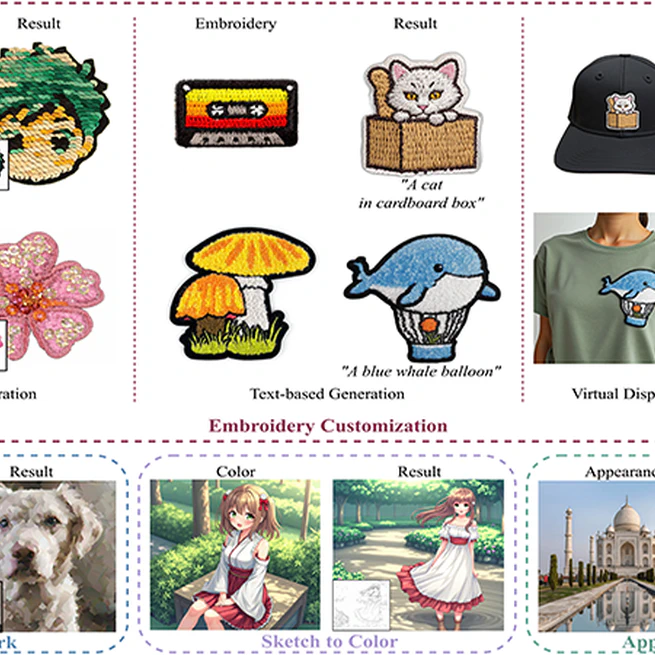
Dec 2, 2025
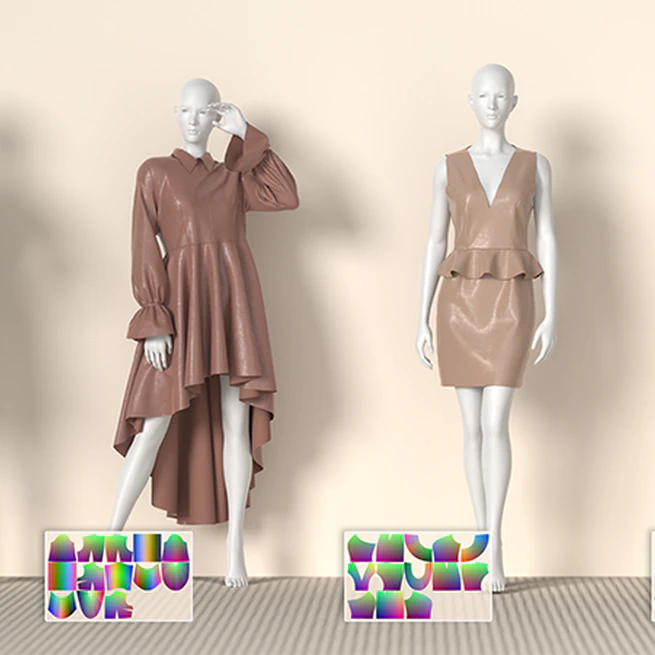
Dec 2, 2025
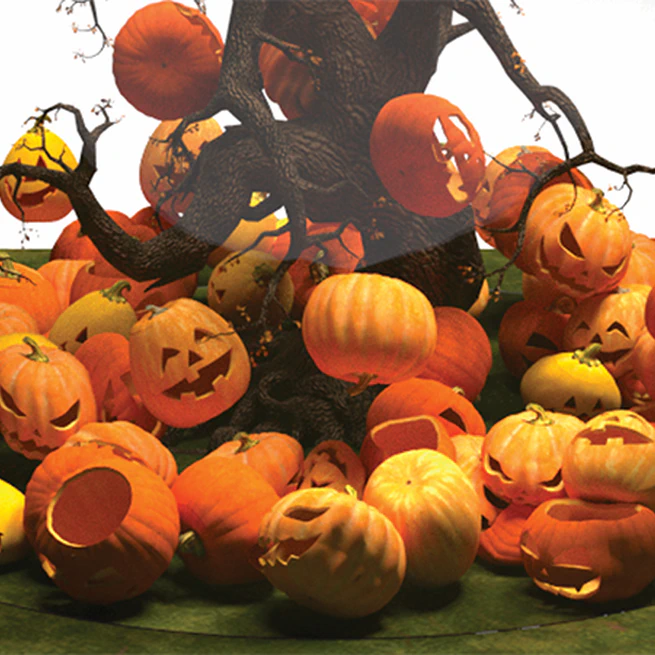
Aug 12, 2025
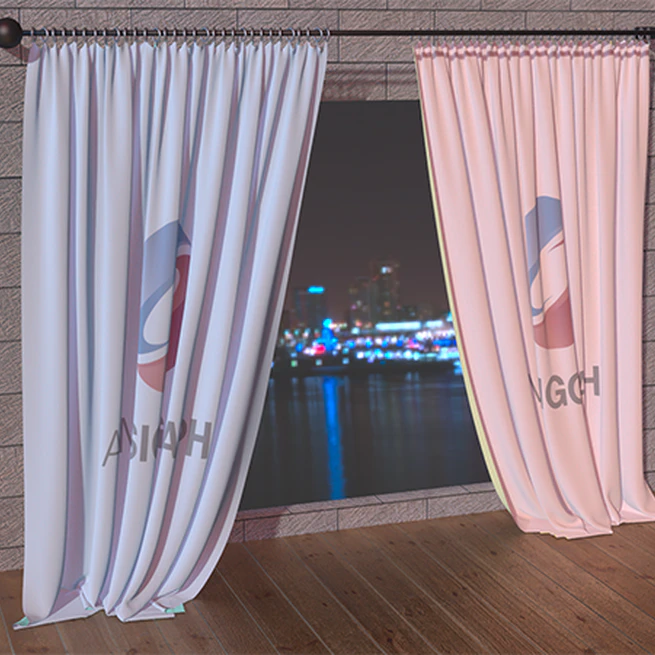
Aug 12, 2025
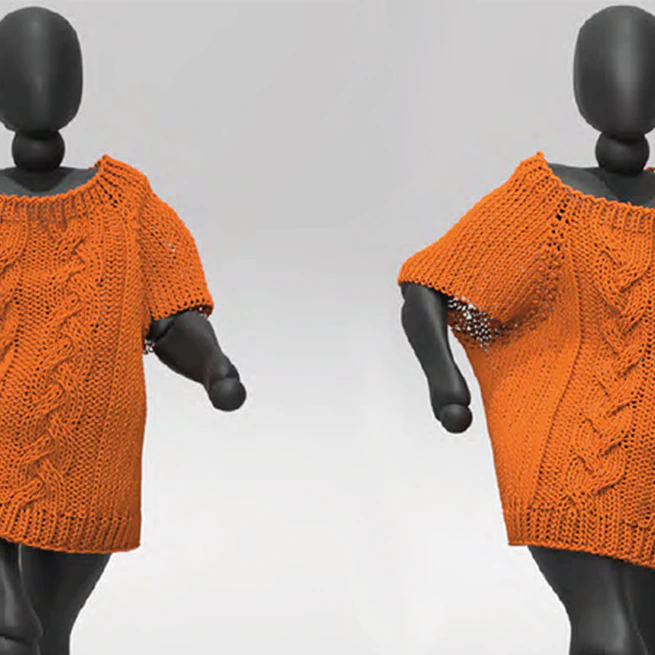
This paper presents volumetric homogenization, a spatially varying homogenization scheme for knitwear simulation.
Dec 3, 2024
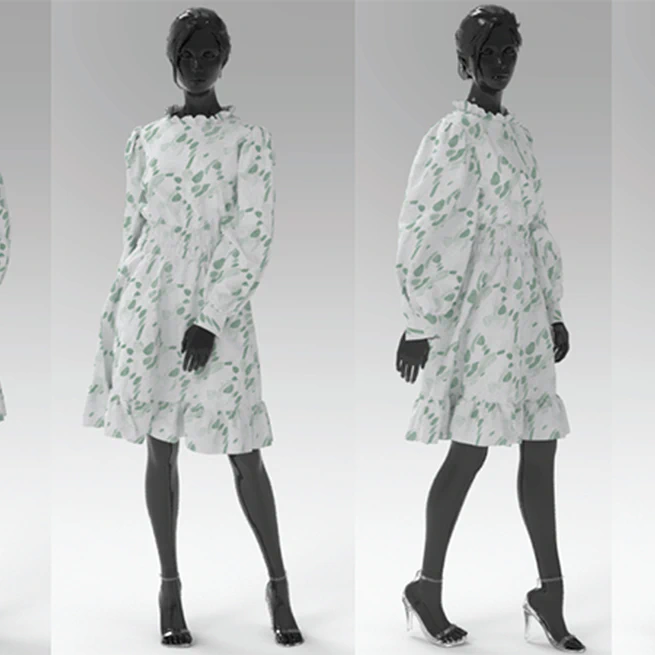
This paper pushes the performance of cloth simulation, making the simulation interactive even for high-resolution garment models while keeping every triangle untangled.
Dec 3, 2024
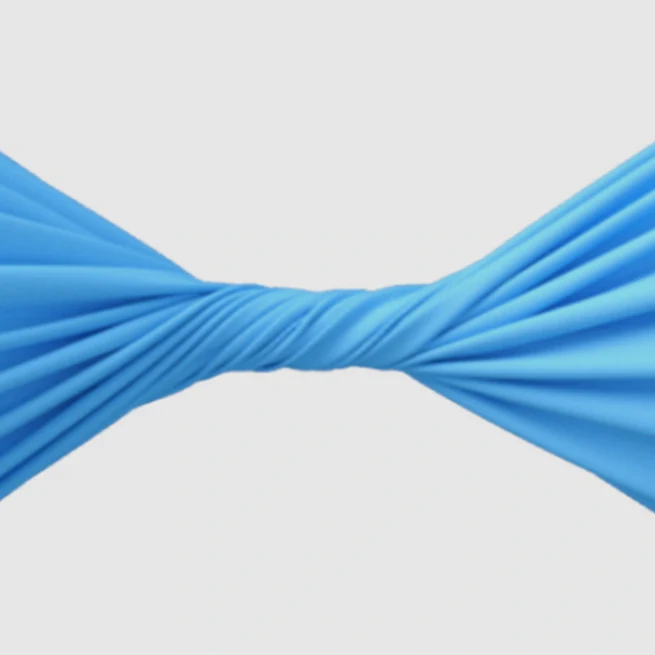
In this paper, we propose projective peridynamics that uses a local-global strategy to enable fast and robust simulation of hyperelastic membranes with contact.
Aug 1, 2024
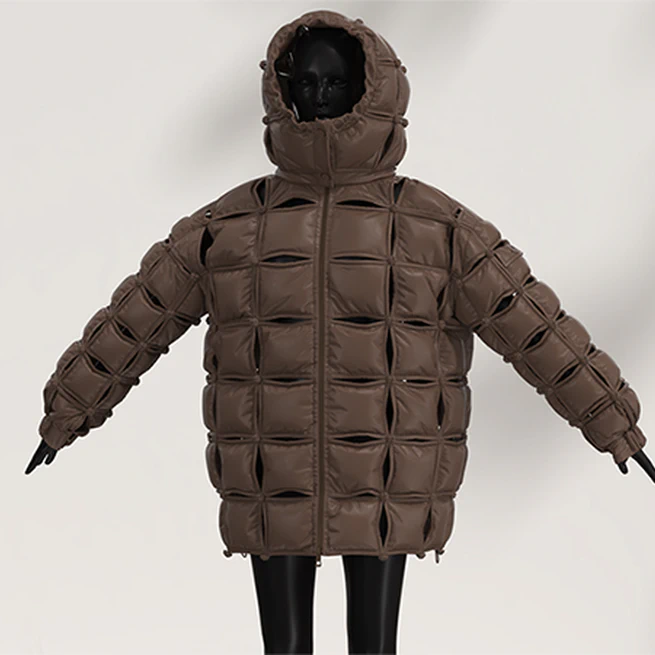
We develop an innovative hybrid system for fast initialization of garment pieces with minimal user intervention, by harnessing AI classification, heuristics, and numerical optimization.
Jul 29, 2024
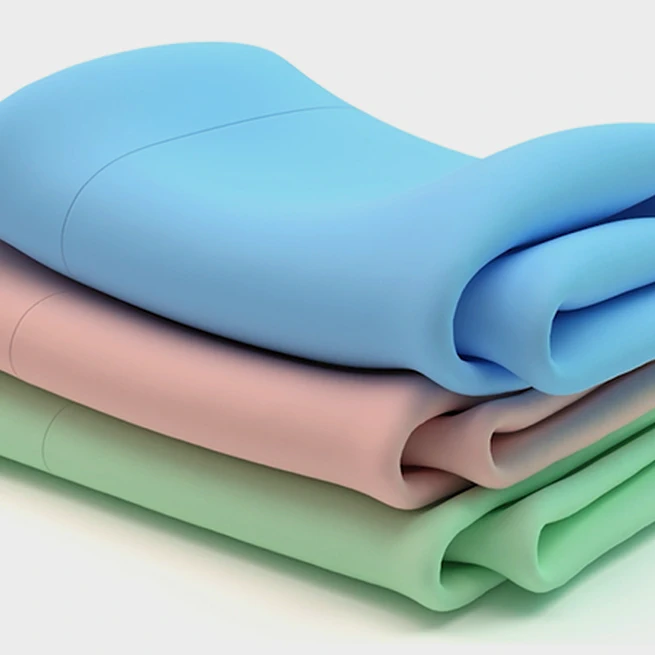
In this paper, we address two limitations of dihedral angle based discrete bending (DAB) models, i.e. the indefiniteness of their energy Hessian and their vulnerability to geometry degeneracies.
Dec 13, 2023
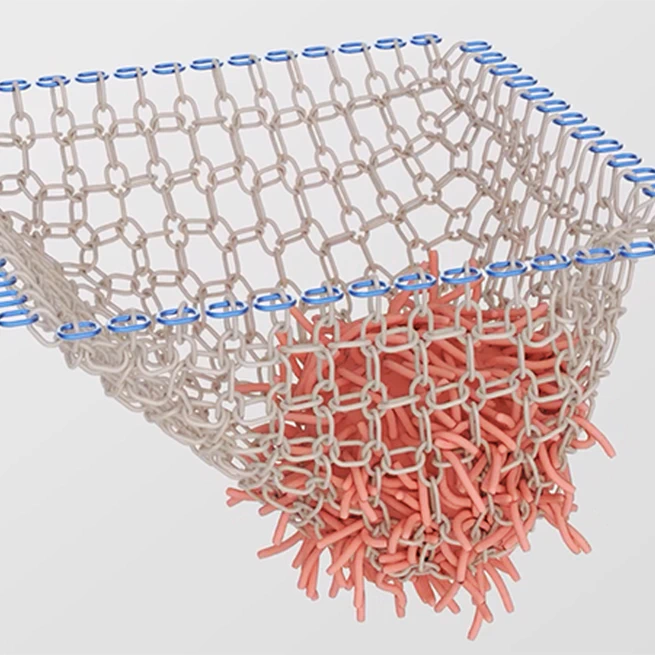
We present a GPU algorithm for finite element hyperelastic simulation. We show that the interior-point method can be coupled with non-Newton procedures and be massively sped up on the GPU.
Jul 1, 2023
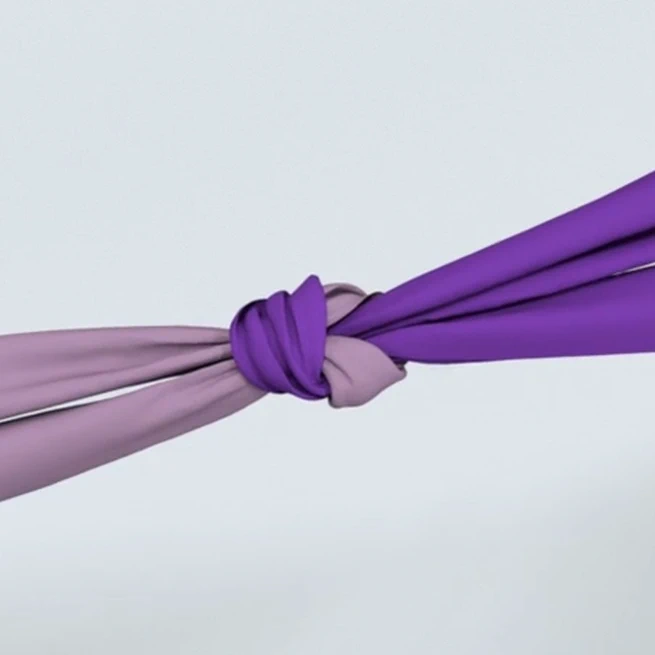
We propose a novel two-way method for fast and reliable continuous collision handling. Our method launches an optimization from both ends of the intermediate time-integrated state and the previous intersection-free state.
Jul 1, 2023
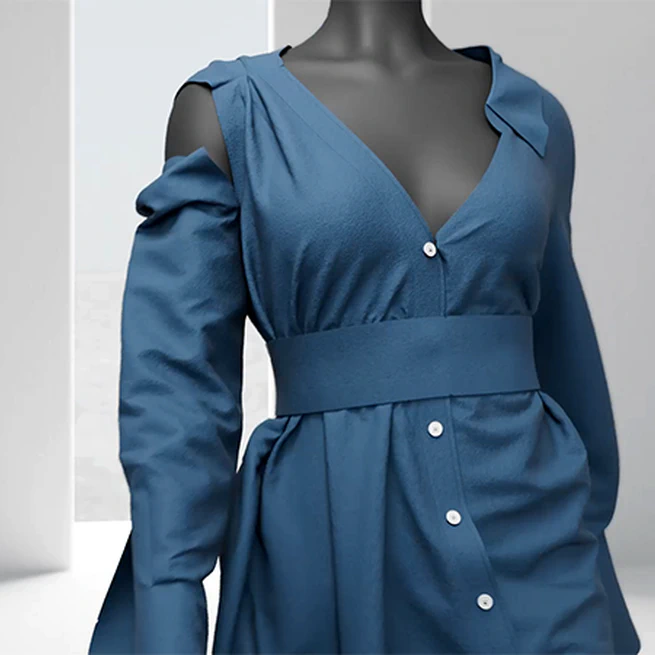
In this work, we propose to adopt a simulation-in-the-loop strategy for fabric parameter estimation and we train a regression-based neural network for inferring bending stiffness parameters from Cusick drap tests.
Nov 1, 2022
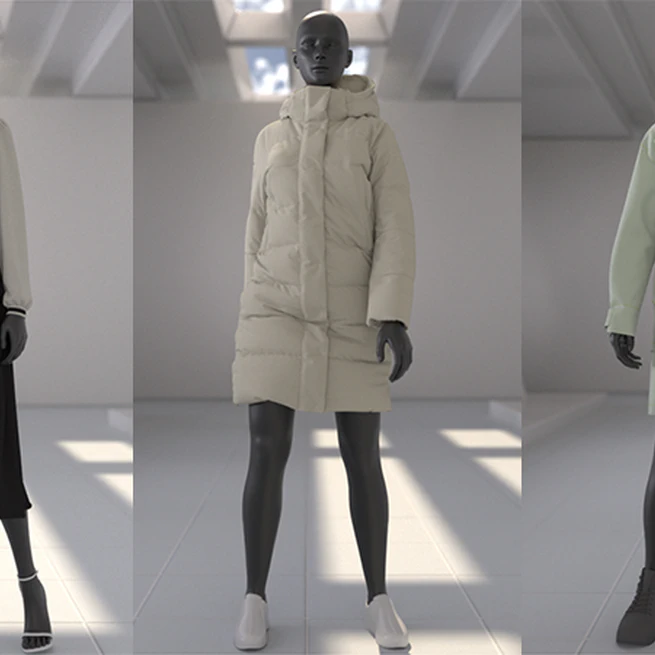
In this paper, we wish to push the limit of real-time cloth and deformable body simulation to a higher level with 50K to 500K vertices, based on the development of a novel GPU-based multilevel additive Schwarz (MAS) pre-conditioner.
Jul 1, 2022

In this paper, we study physics-based cloth simulation in a very high resolution setting, presumably at submillimeter levels with millions of vertices, to meet perceptual precision of our human eyes.
Jul 1, 2021
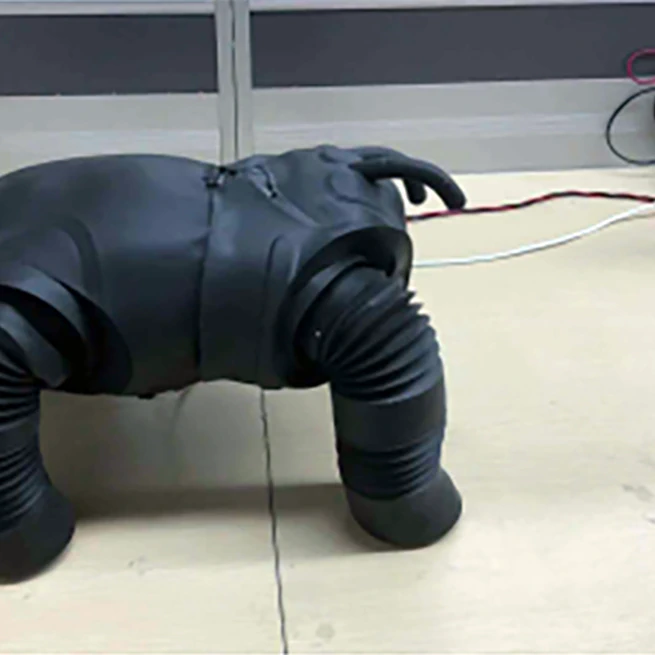
We present a computational design system that assists users to model, optimize, and fabricate quad-robots with soft skins. Our system addresses the challenging task of predicting their physical behavior.
Jun 1, 2021
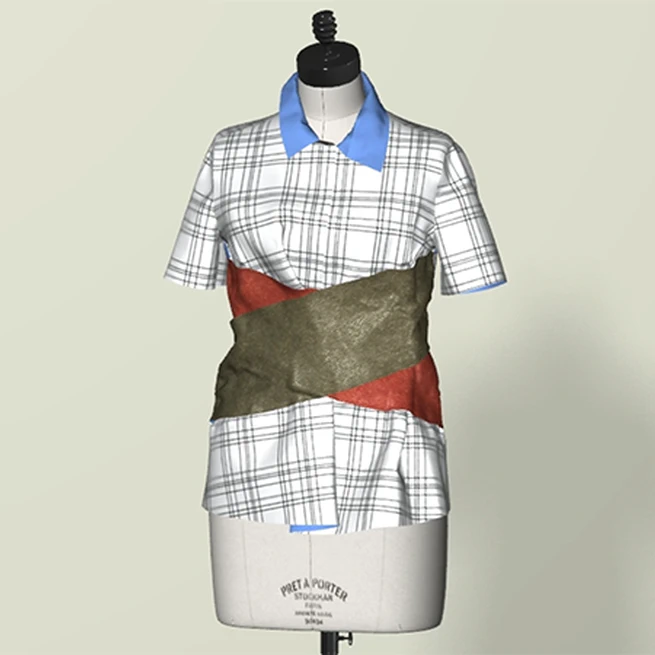
In this article, we focus our research on the safety, efficiency, and realism of the repulsion-based collision handling approach, which has demonstrated its potential in existing GPU-based simulators.
Dec 1, 2020
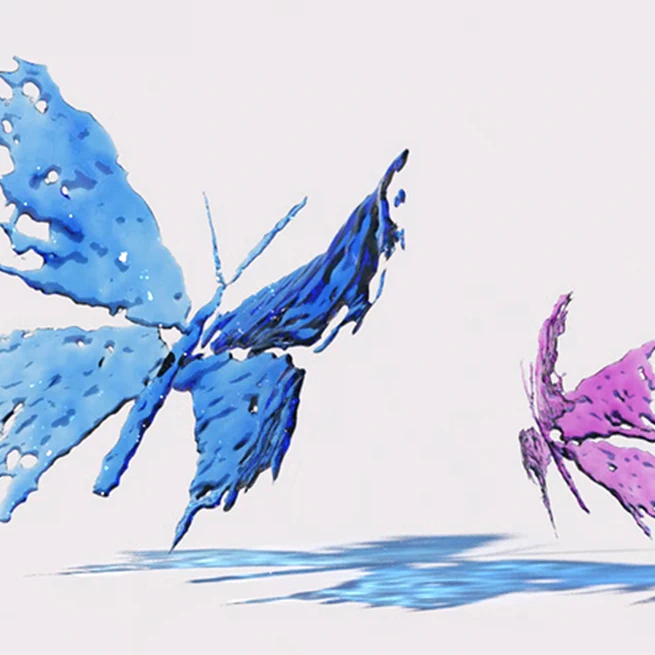
We present a novel system that synthesizes liquid splashes from user sketch input. Our system adopts cGAN to produce raw liquid splash models from input sketches, and applies model refinement to improve small-scale details.
Nov 1, 2020
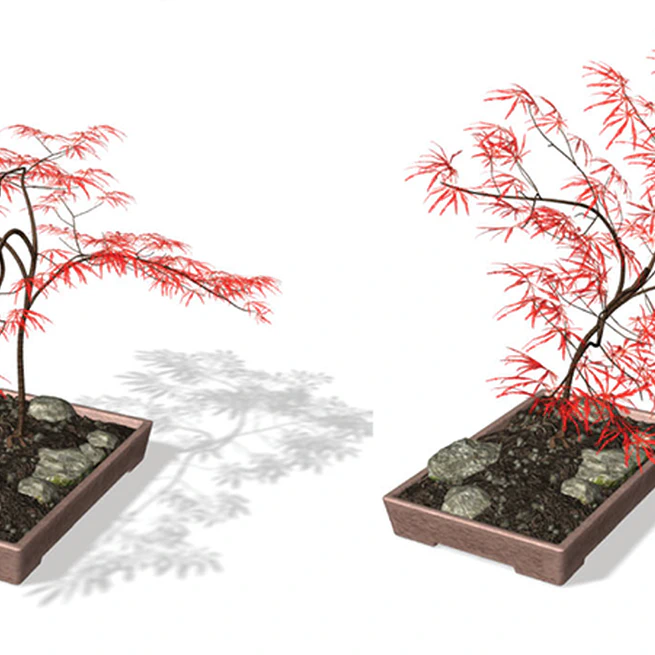
We propose NNWarp, a highly re-usable and efficient neural network (NN) based nonlinear deformable simulation framework.
Apr 1, 2020
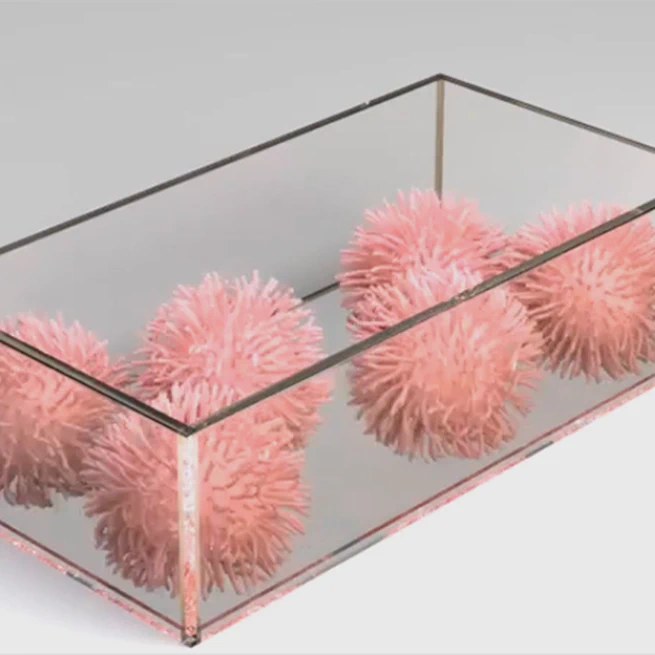
We propose a framework for the interactive simulation of nonlinear deformable objects. The primary feature of our system is the seamless integration of deformable simulation and collision culling.
Apr 1, 2020
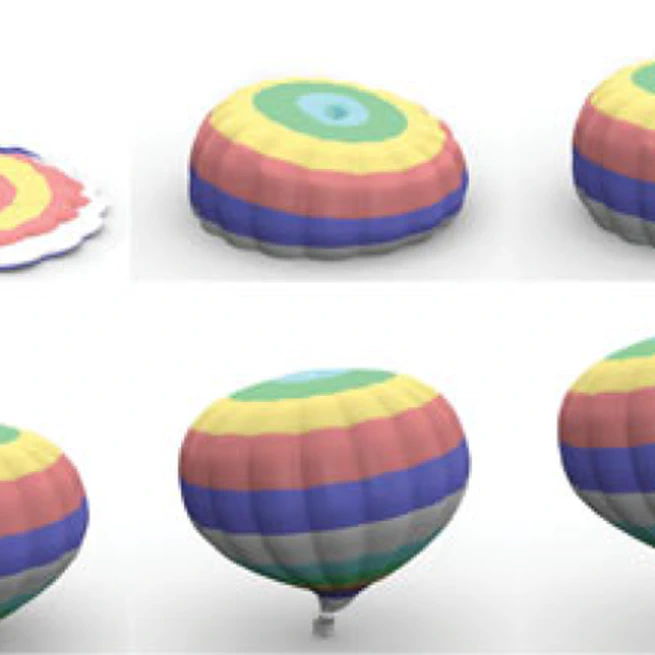
This paper presents a spatial reduction framework for simulating nonlinear deformable objects interactively. This reduced model is built using a small number of overlapping quadratic domains.
Dec 1, 2018
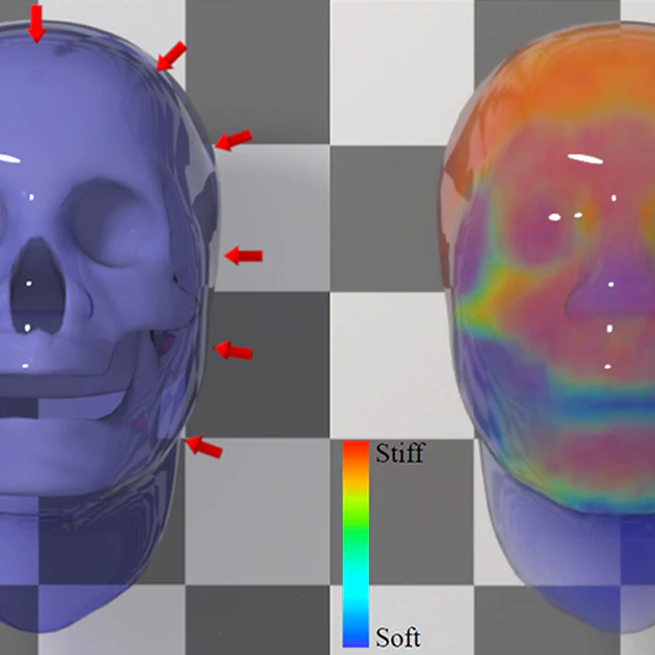
Based on an inexact method for elasticity measurement and design, we study a variety of implementation issues, including backtracking line search, initialization, regularization, and data samples.
Dec 1, 2018
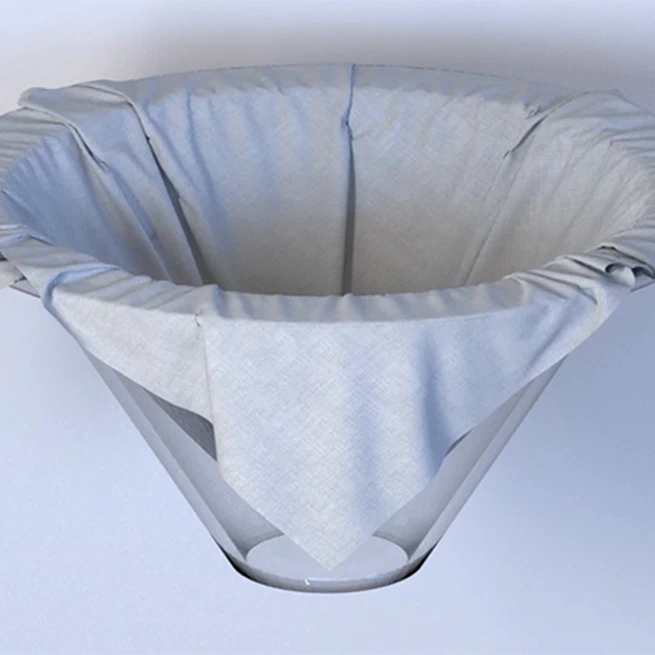
We explore nonlinearity, adaptive smoothing, and parallelization under a full multigrid (FMG) framework. The foundation of this research is a novel nonlinear FMG method for unstructured meshes.
Oct 1, 2018
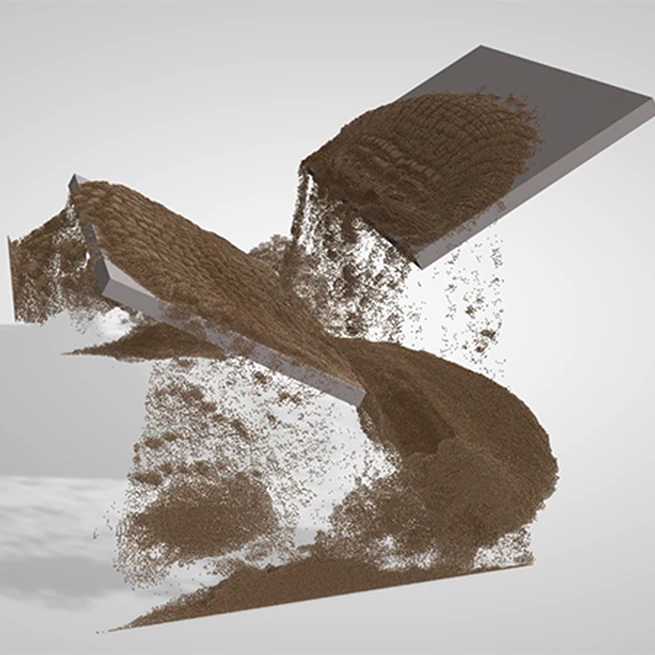
In this paper, we study the development of an elastoplastic model under the state-based peridynamics framework, which uses integrals rather than partial derivatives in its formulation.
Sep 1, 2018
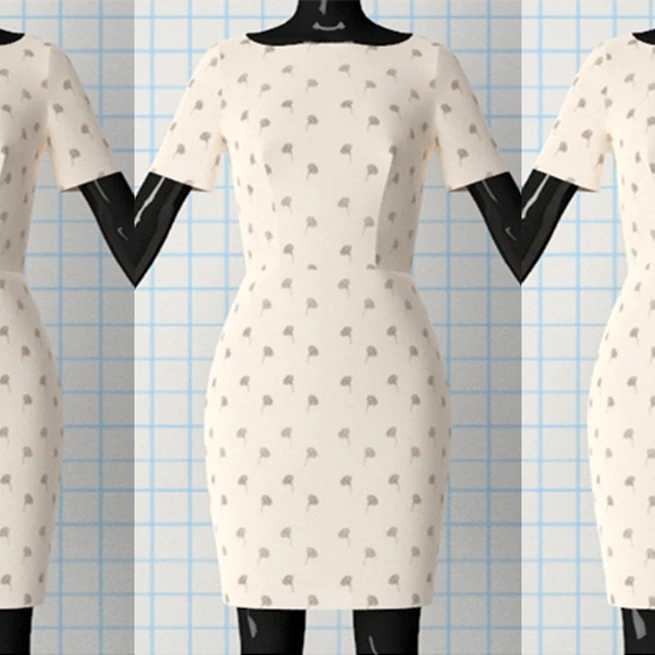
We propose to solve sewing pattern adjustment as a nonlinear optimization problem immediately, so as to minimize the objective function that evaluates the fitting quality of the garment sewn from a pattern.
Jul 1, 2018
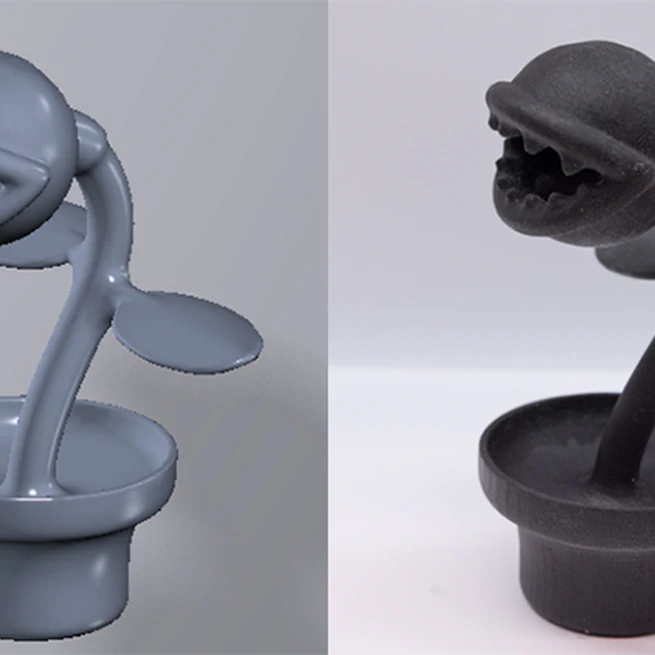
We present a system for interactive elastic shape design in both forward and inverse fashions. Using it, a user can edit the rest shape or the quasistatic shape of an elastic solid, and obtain the other shape at the same time.
Jul 1, 2018
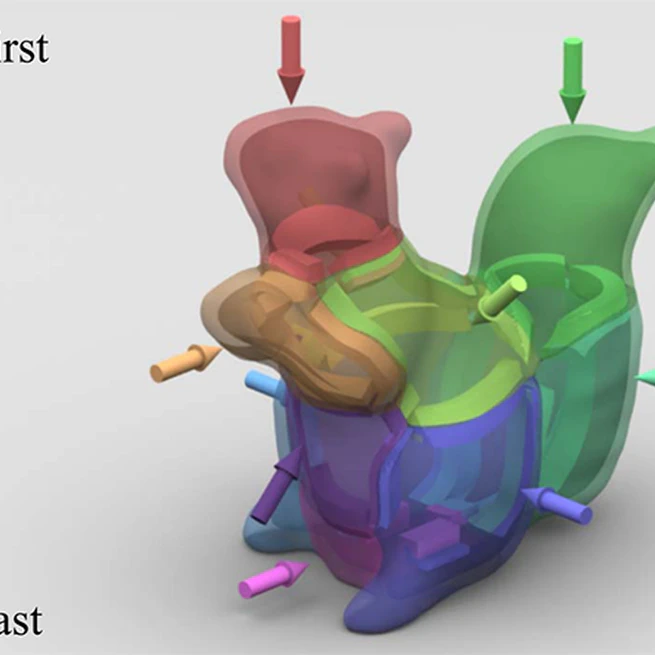
W present a computational system to design an interlocking structure of a partitioned shell model, which uses only male and female connectors to lock shell pieces in the assembled configuration.
Oct 1, 2017
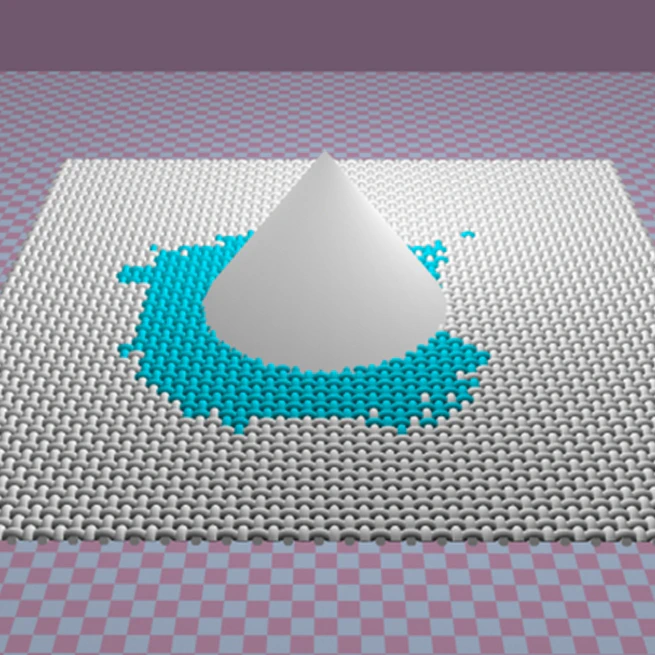
This paper presents a simulation framework for liquid wetting across porous textiles with anisotropic inner structure. We also demonstrate the wetting process with the influence of different properties of the textile.
Jan 1, 2017
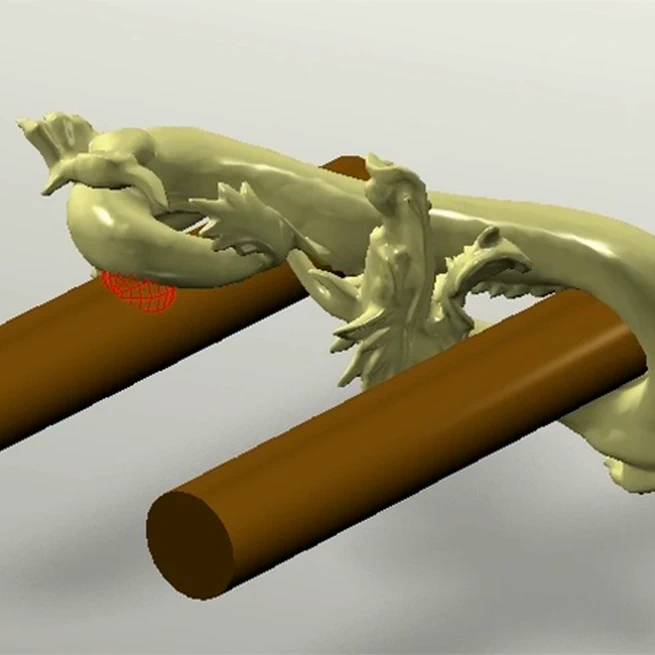
We show many elastic body simulation approaches can be interpreted as descent methods. Based on this concept, we propose a new gradient descent method using Jacobi preconditioning and Chebyshev acceleration.
Dec 1, 2016
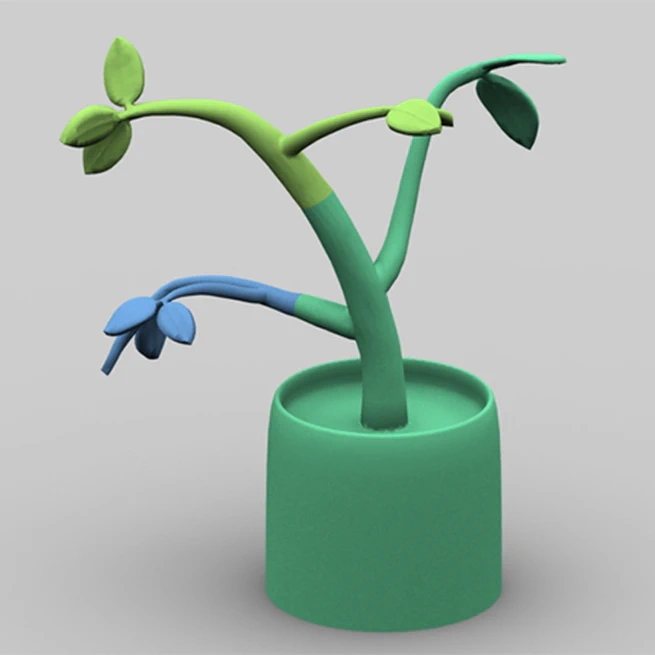
In the paper, we show that the deformation subspace of a modified body can be efficiently obtained from the subspace of its original version, if mesh changes are small.
Oct 11, 2016
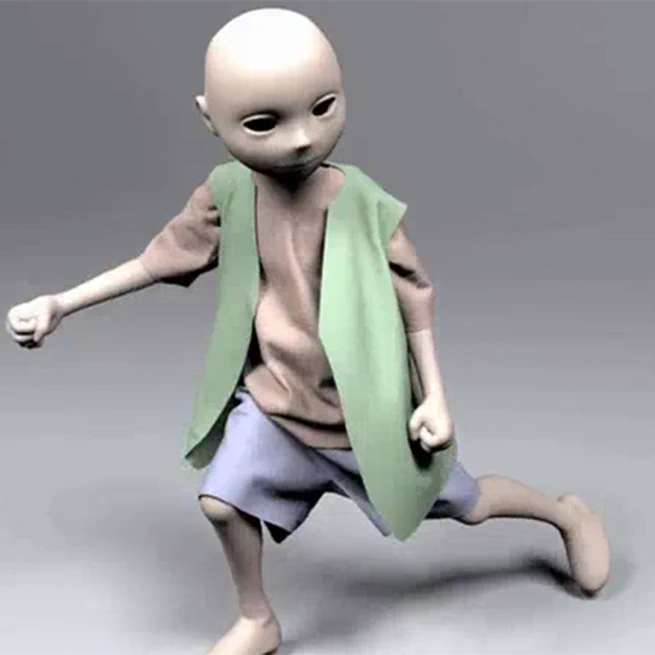
We present a novel GPU-based approach to robustly and efficiently simulate high-resolution and complexly layered cloth. The key component of our formulation is a parallelized matrix assembly algorithm.
May 1, 2016
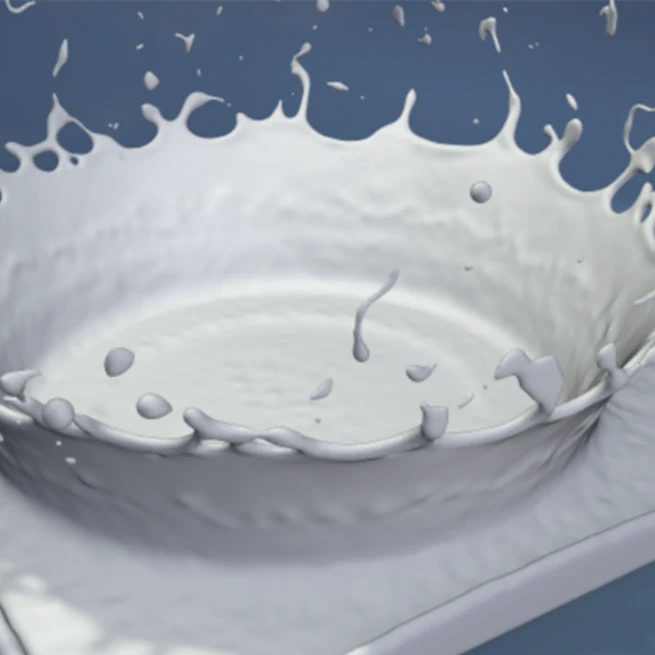
In this article, we address the simulation of thin features in SPH-based free surface flows from two perspectives: the robustness of surface forces and the numerical instability of thin features.
Dec 1, 2015
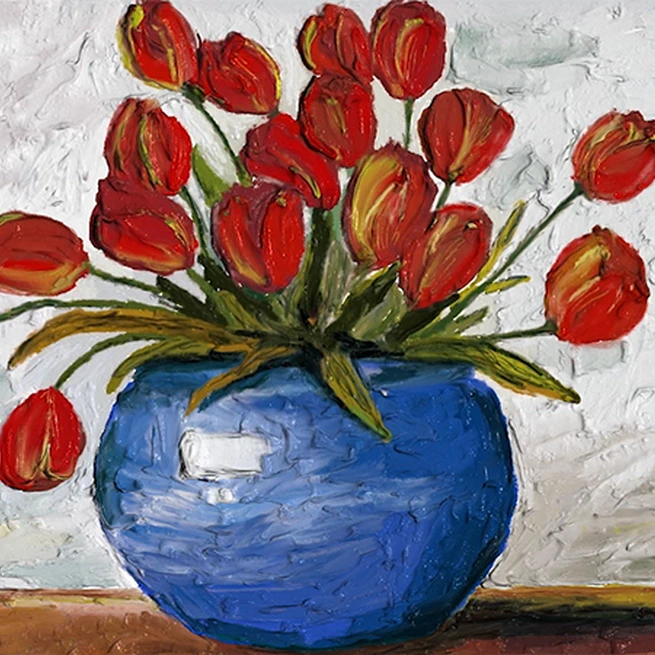
We present a real-time painting system that simulates the interactions among brush, paint, and canvas at the bristle level.
Nov 1, 2015
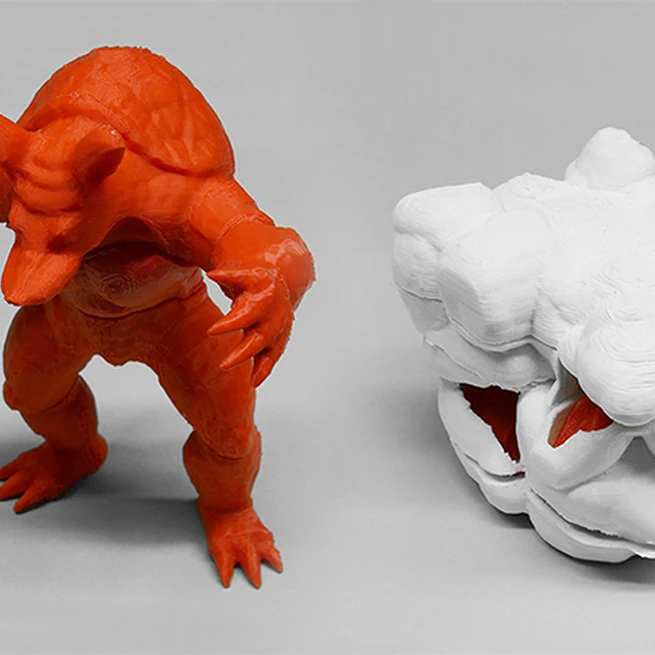
In this paper, we present a systematic study on the partitioning and packing of 3D models under the multi-phase level set framework.
Nov 1, 2015
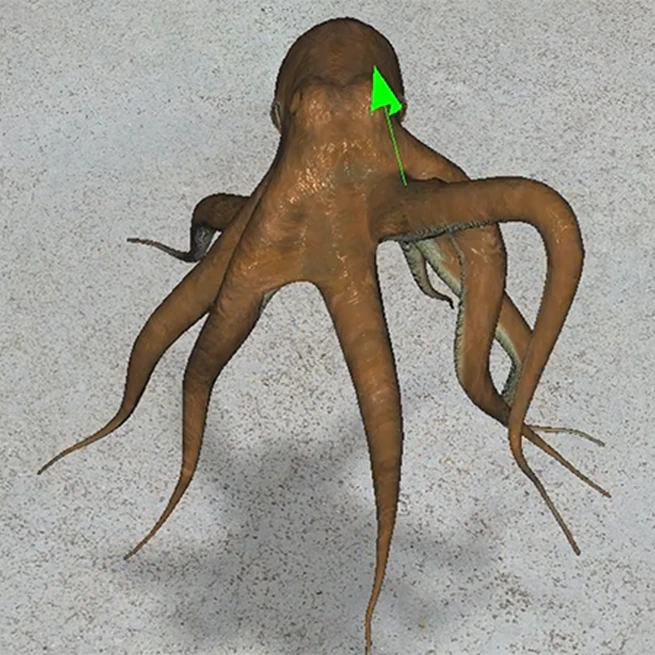
We present a domain decomposition framework that connects two disjoint domains through coupling elements. Under this framework, we present a unified system that solves subspace deformations and rigid motions of all of the domains by a single linear solve.
Nov 1, 2015
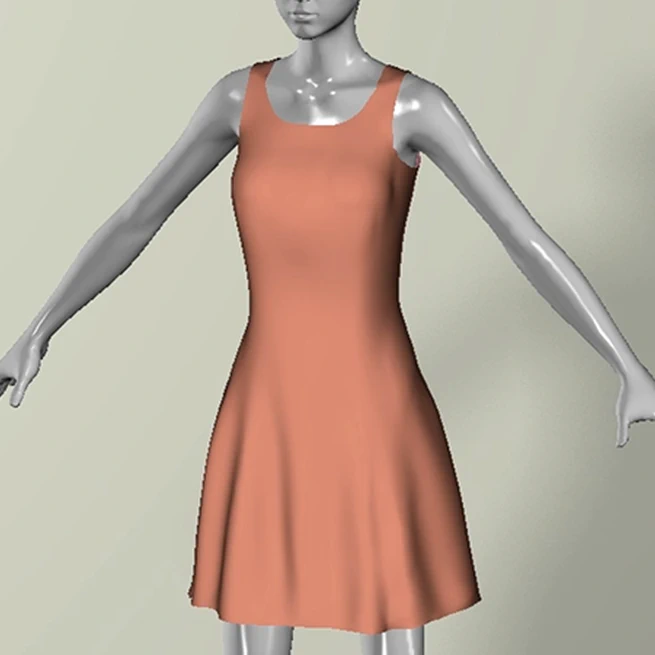
We study the use of the Chebyshev semi-iterative approach in projective and position-based dynamics. Our experiment shows the whole approach is simple, fast, effective, GPU-friendly, and has a small memory cost.
Nov 1, 2015
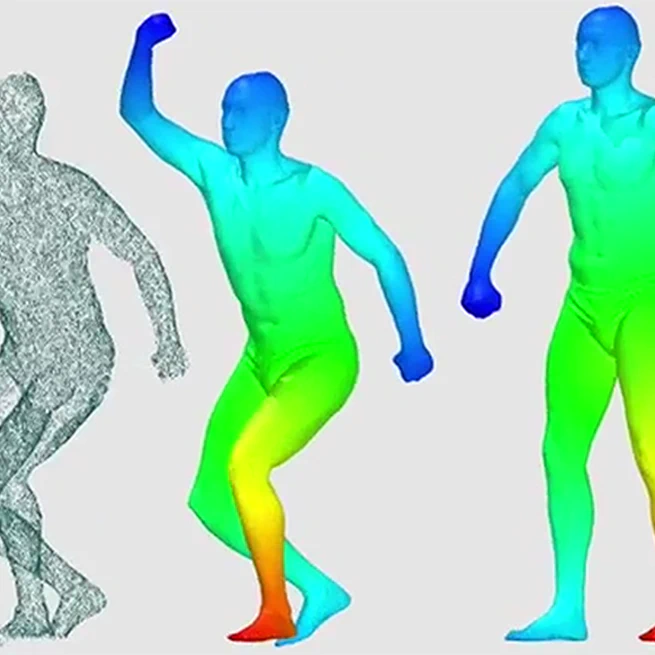
We introduce a markerless approach to deform a quality human body template mesh from its original pose to a different pose specified by a point cloud. The point cloud may be noisy, incomplete, or even captured from a different person.
Feb 1, 2015
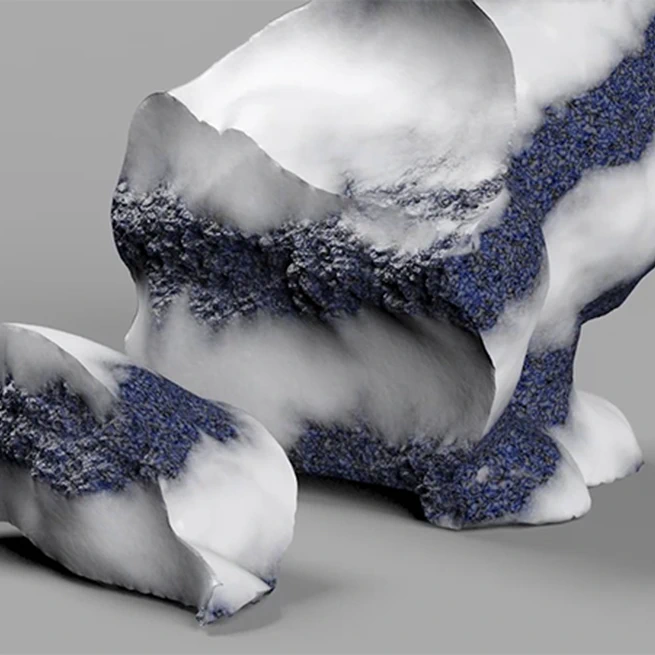
Physically based animation of detailed fracture effects is not only expensive, but also difficult to implement. We propose a physics-inspired approach to enrich low-resolution fracture animation by realistic details.
Jul 1, 2014

We demonstrate a set of simple modifications to make a basic CCD implementation failure-proof. Using error analysis, we prove the safety of this method and we formulate tolerance values to reduce false positives.
Jul 1, 2014
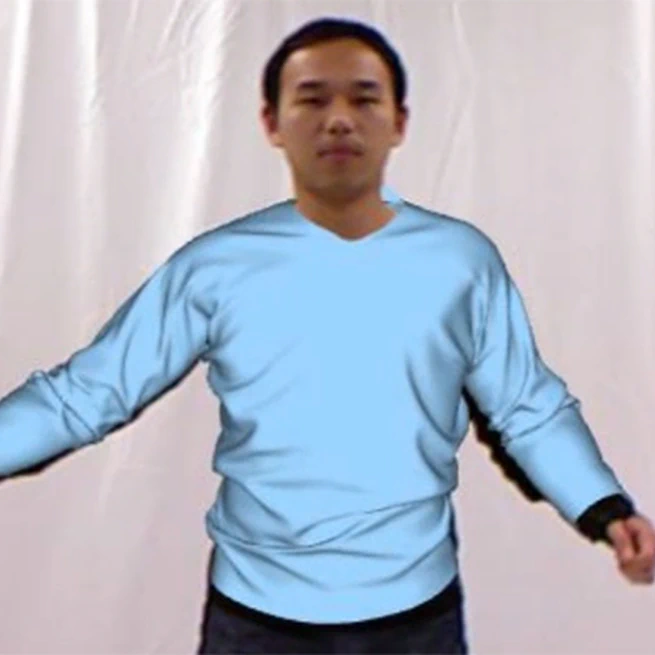
We present a system that allows the user to virtually try on new clothes. It uses a single commodity depth camera to capture the user in 3D.
Apr 1, 2014
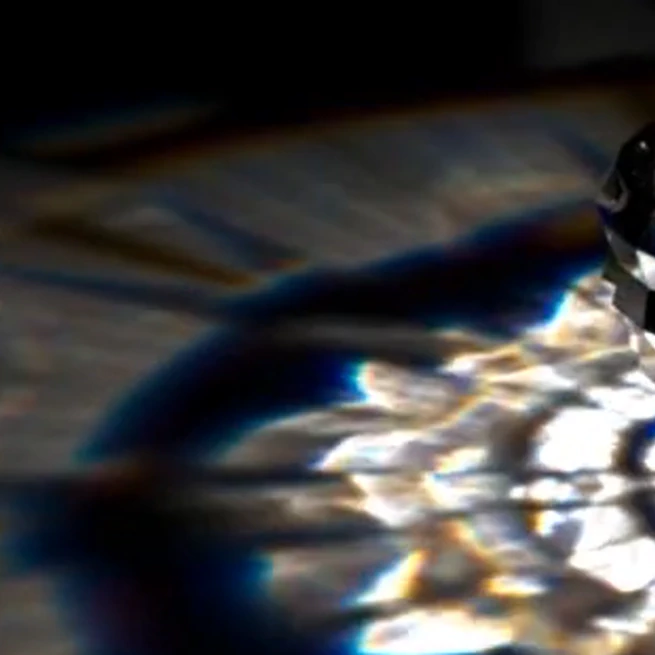
Inspired by bilateral filtering, we propose a bilateral blue noise sampling strategy. Our key idea is a general formulation to modulate the traditional sample distance measures, with a similarity measure that considers arbitrary per sample attributes.
Nov 1, 2013
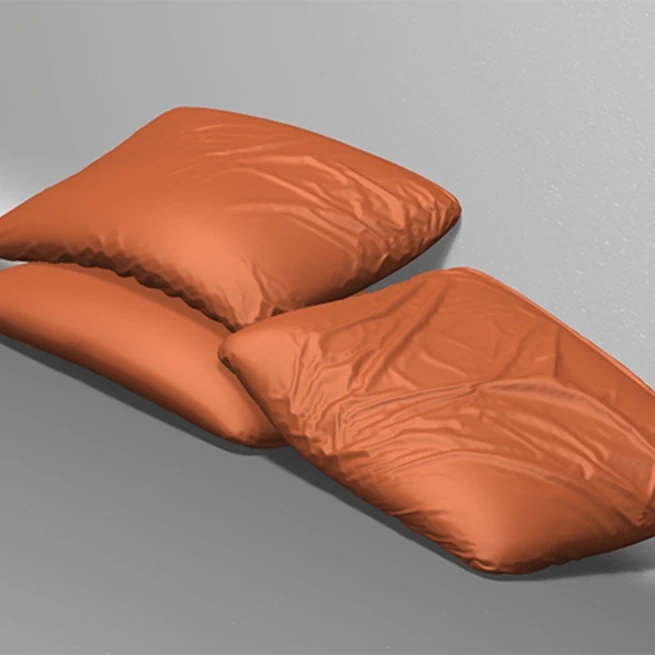
Real-world cloth exhibits complex behaviors when it contacts deformable bodies. In this paper, we study how to improve the simulation of cloth-body interactions from three perspectives: collision, friction, and air pressure.
Jul 1, 2013
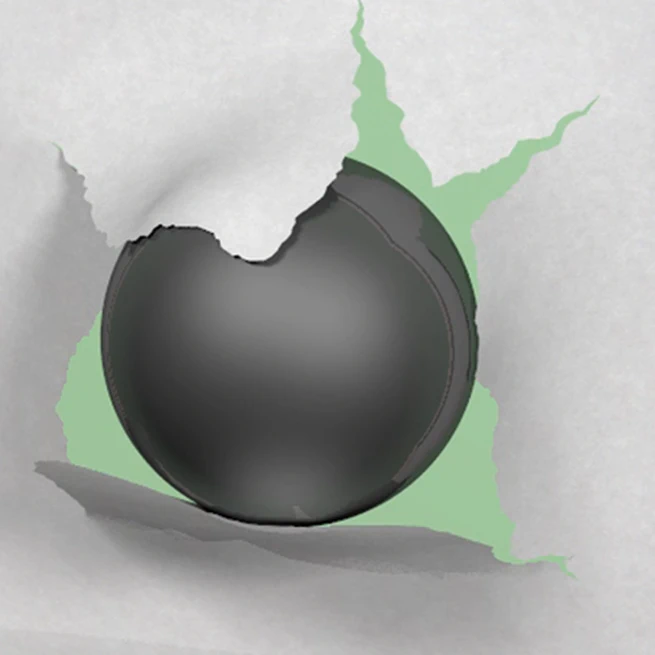
We study how to make thin-plate fracture animations more realistic by three novel techniques: a stress relaxation method; a fracture-aware remeshing scheme based on constrained Delaunay triangulation; and a multi-layered model to simulate complex fractures across thin layers.
Jul 1, 2013
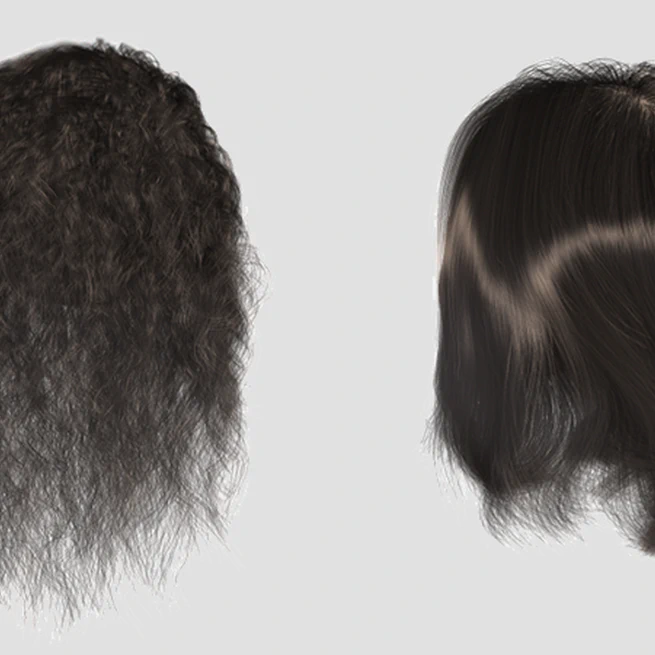
In this paper we present a hybrid approach to reconstruct hair dynamics from multi-view video sequences, captured under uncontrolled lighting conditions.
Sep 1, 2012
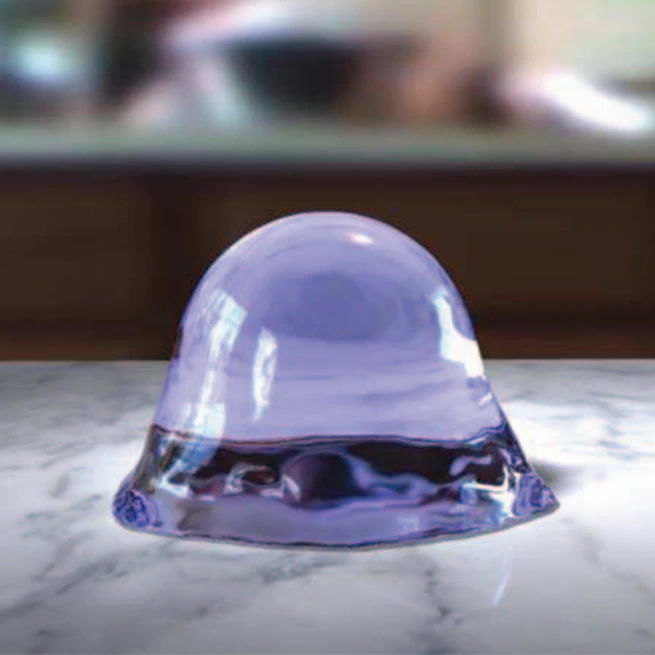
We propose a fast deformable surface model to realistically animate water drops and their flows on solid surfaces. Our system simulates drop motions in a Lagrangian fashion, by reducing 3D fluid dynamics to a deformable surface model.
Aug 1, 2012
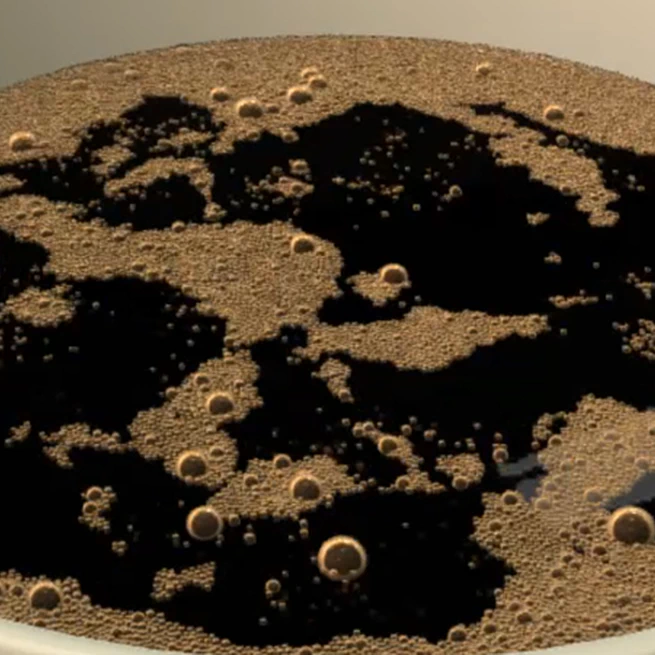
Bubbles and foams are important features of liquid surface phenomena, but they are difficult to animate. We propose a more accurate and efficient particle-based algorithm to simulate bubble dynamics and interactions.
Jul 1, 2012
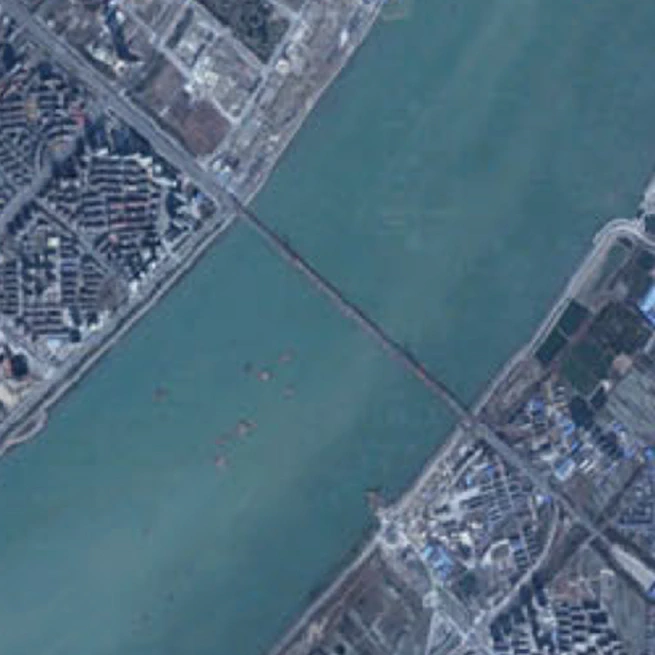
We propose a progressive texture compression framework to reduce the memory and bandwidth cost by compressing repeated content within and among large-scale remote sensing images. We further propose a descriptor to accelerate the similarity search.
Jun 1, 2012
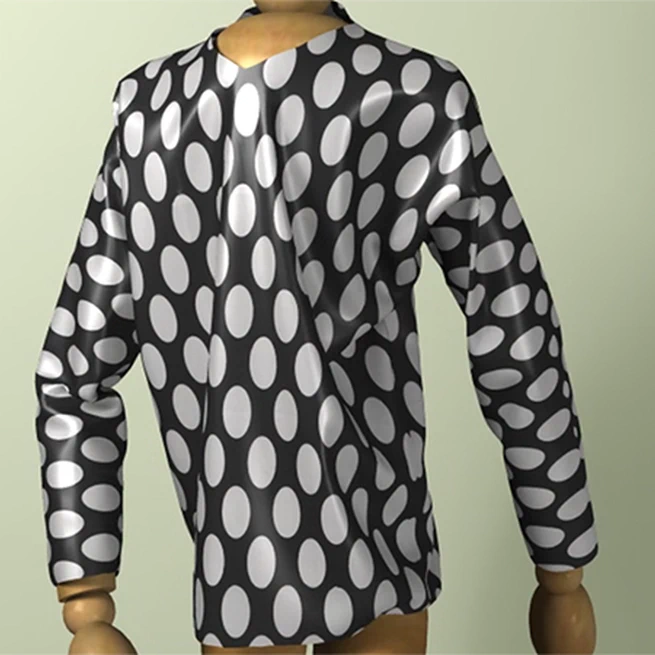
We propose a piecewise linear elastic model that approximates nonlinear, anisotropic stretching and bending behaviors of various materials. We develop new measurement techniques for studying the elastic deformations in real cloth samples.
Jul 1, 2011

In this paper we describe a fast strain-limiting method that allows stiff, incompliant materials to be simulated efficiently. This method acts on the strain tensors in a coordinate-invariant fashion allowing isotropic behavior.
Dec 1, 2010
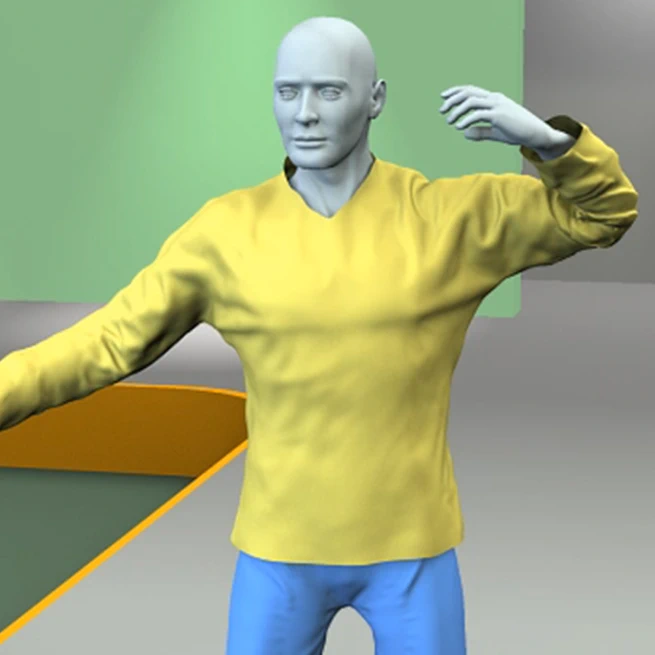
Based on the observation that the wrinkles in close-fitting clothing behave in a predominantly kinematic fashion, we have developed an example-based wrinkle synthesis technique.
Jul 1, 2010
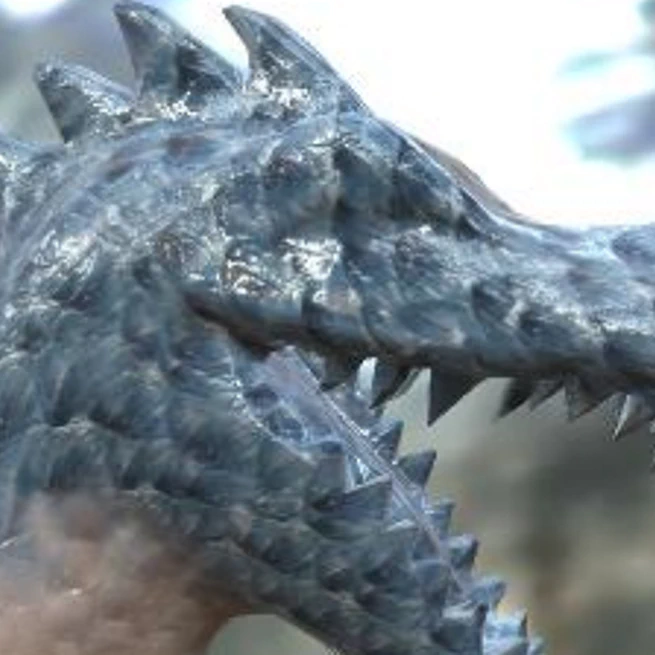
Many objects have patterns that vary in appearance at different surface locations. We say that these are differences in materials, and we present a material-space approach for interactively designing such textures.
Sep 1, 2009
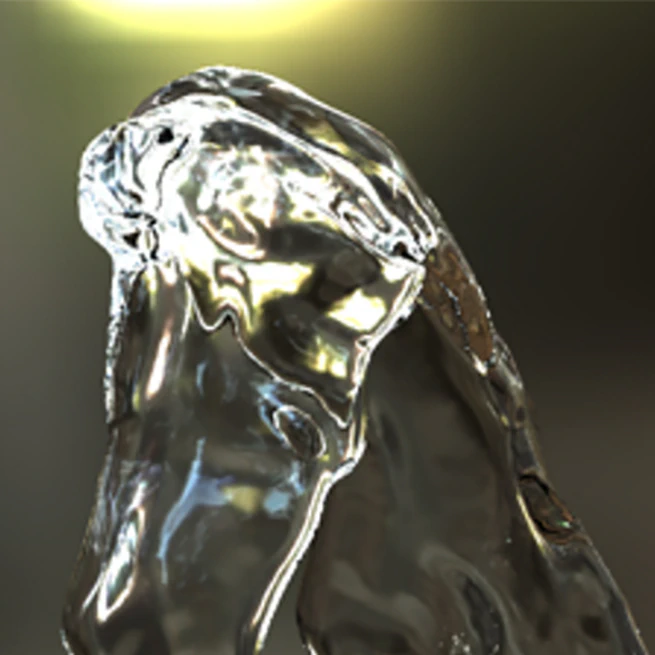
We present an image-based reconstruction framework to model real water scenes captured by stereoscopic video. In contrast to image-based modeling techniques, we apply physically-based constraints to refine the initial model.
Jul 1, 2009
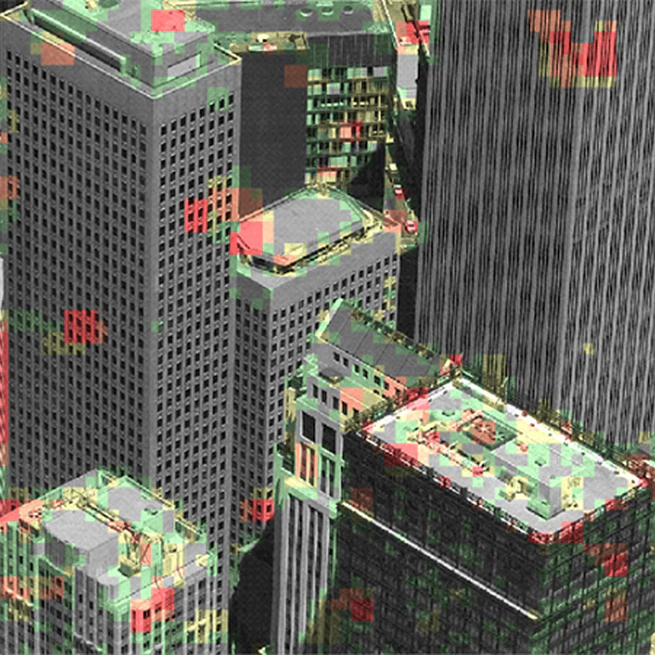
We reduce transmission bandwidth and memory space for images by factoring their repeated content. Eliminating redundant content lets us include textures that are several times as large in the same memory space.
Aug 1, 2008
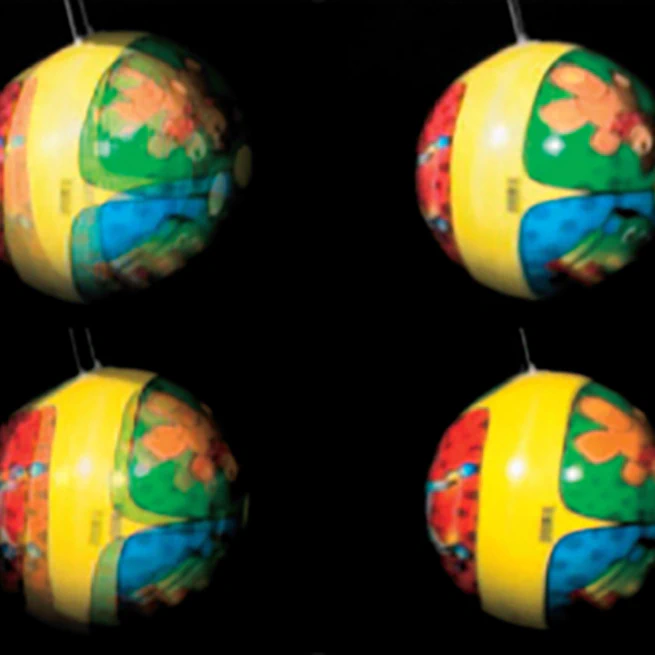
In this paper, we propose a novel framework called space-time light field rendering, which allows continuous exploration of a dynamic scene in both space and time.
Jul 1, 2007
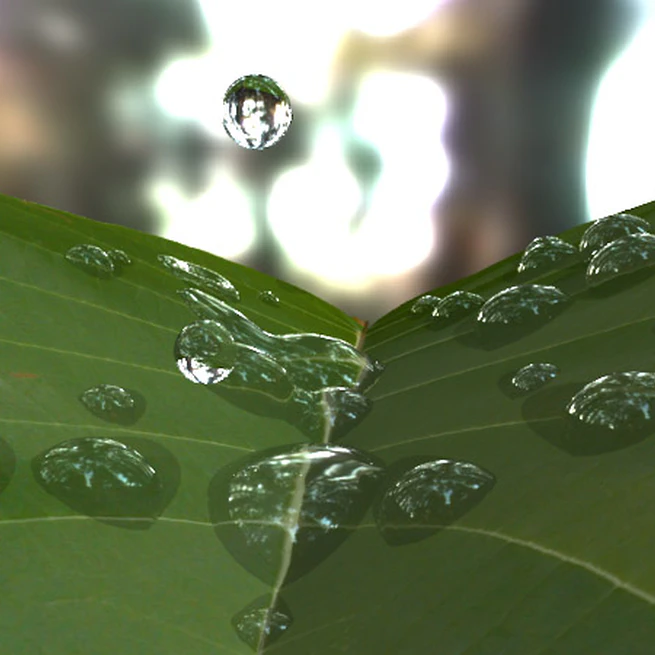
We present a physically-based method to enforce contact angles at the intersection of fluid free surfaces and solid objects, allowing us to simulate a variety of small-scale fluid phenomena including water drops on surfaces.
Jul 1, 2005